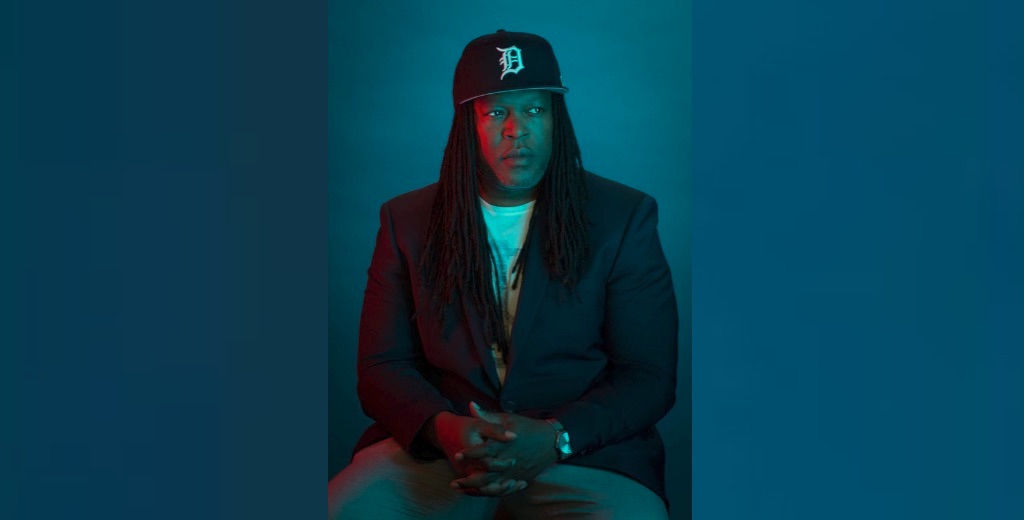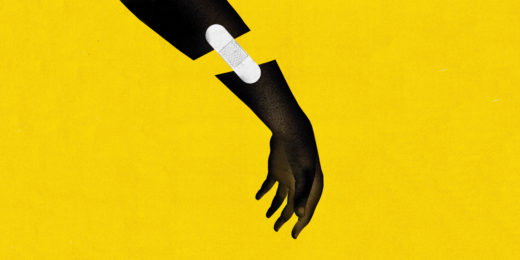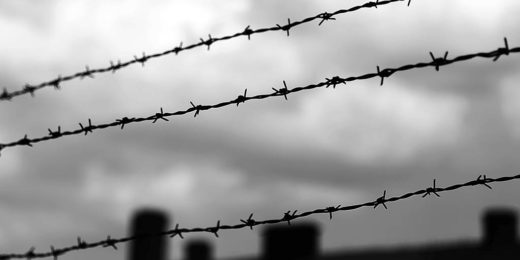When he was a young boy, Shaka Senghor did well in school and dreamed of becoming a doctor. But at 13, he ran away from home to escape abuse and ended up involved in the illegal drug trade.
At 19, he shot and killed a man, then spent 19 years in prison for the crime before being released in 2010.
Now, Senghor is a criminal justice reformer, strategist, mentor, motivational speaker and best-selling author of a memoir about life, death and redemption in prison.
I recently interviewed Senghor about his work for a Q&A, "A voice for the incarcerated," in the latest issue of Stanford Medicine, about racial equity in health care.
Fighting COVID in jails and prisons
I first heard about Senghor through his collaboration with Stanford Medicine researchers Jason Andrews, MD, and Jeremy Goldhaber-Fiebert, PhD, that aimed to stop the ravaging impact of COVID-19 in the state's jails and prisons.
The notion of talking about equity in prisons during a pandemic seems almost oxymoronic. When questions arise about fairness, or even who should be protected in the middle of a global health meltdown, prisons and the incarcerated are sadly just not first on people's minds.
But, Senghor, who strives to enable others to see the humanity of incarcerated people, said, "We have a responsibility as a society to ensure that people are coming home healthy and whole and that they also have the skill sets and tools to reenter society after being in a very barbaric environment."
In Senghor, I discovered a man deep in the process of redemption, and I was intrigued that Oprah Winfrey called her interview with Senghor one of the most moving of her career.
Dedicated to mentoring young people
As we talked about why he turned to crime and about his life now, I wondered how someone can change after being released from prison. How does someone try to redeem themselves after the terrible grief they have caused by taking a life? Is redemption even possible?
Then, I read a quote of his that really touched me: "No one is the worst thing they've ever done."
In our interview, Senghor said that as a youngster, wanting to be a doctor was rooted in his idea of helping people. When he left prison, Senghor made a vow to dedicate himself to community service and social justice activism and to help close down the pipeline of young Black men into the criminal justice system.
"I began immediately to do work in my community that would help other young people who started with a dream avoid the nightmare that I experienced," he told me.
Read the full Q&A Shaka Senghor here.






